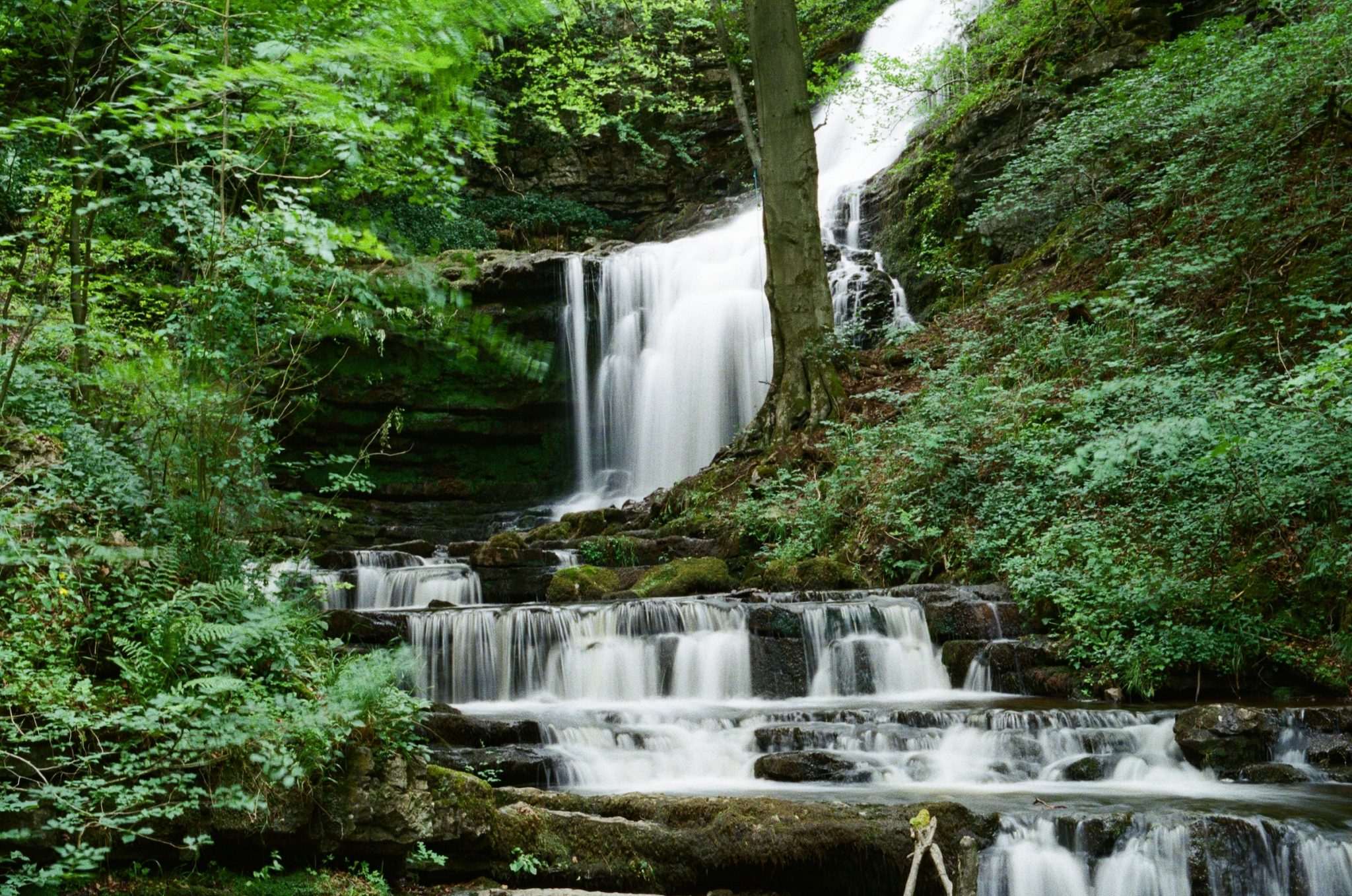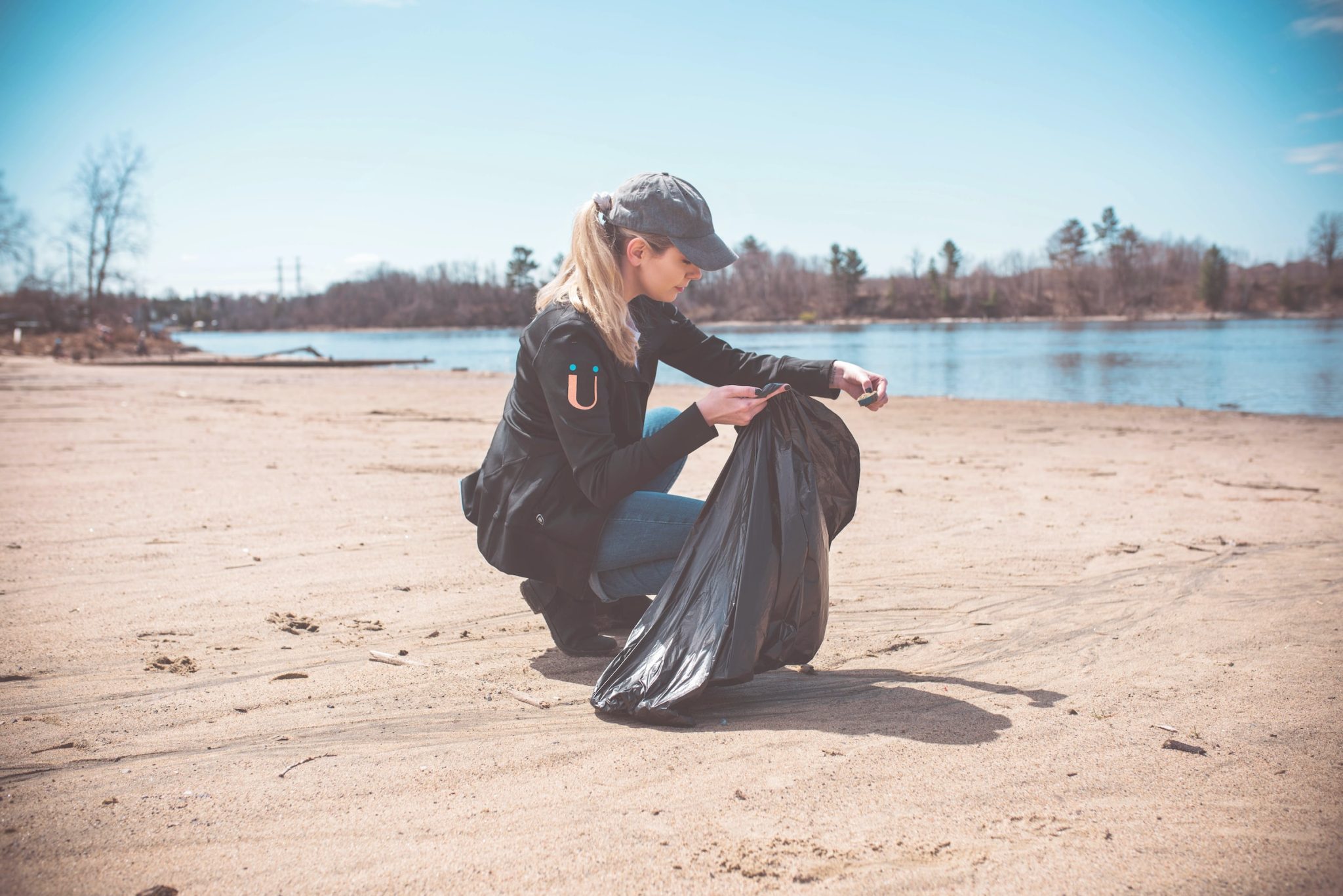Nature is a fascinating and complex system that we are still discovering the secrets of. Even though it surrounds us every day, many aspects of nature remain unknown to most people.

From strange animal behaviors to alarming environmental statistics, countless facts about the natural world will leave you in awe. In this blog post, we’ll explore some surprising and little-known things about nature that will make you appreciate our planet even more!
Table of Contents
Only a full moon can cause a lunar eclipse
Have you ever witnessed a lunar eclipse? It’s a rare and breathtaking phenomenon that occurs when the Earth passes between the sun and the moon, casting a shadow on the moon’s surface. But did you know that only a full moon can cause a lunar eclipse? This is because, during this phase of the moon, it is directly opposite to the sun in relation to Earth. As both celestial bodies move through space, they eventually align so that the Earth casts its shadow onto the moon.
The reddish hue often seen during a total lunar eclipse is caused by sunlight passing through our planet’s atmosphere before reaching the darkened surface of the Moon. This effect filters out blue light, leaving behind hues from orange to red. Lunar eclipses occur relatively frequently compared to solar eclipses but still remain an awe-inspiring sight for stargazers around the world. Keep an eye out for these spectacular events and remember — only a full moon can make it happen!
An overwhelming 27,000 trees are cut down every day
It’s hard to imagine a world without trees, but the reality is that we’re currently losing them at an alarming rate. In fact, it’s estimated that 27,000 trees are cut down every single day! That’s over 9 million trees each year.
The reasons behind deforestation vary from region to region. In some areas, it may be due to logging for timber or paper production. In others, forests are cleared for agriculture or urban development. Whatever the cause may be, the consequences of deforestation can be devastating.
Trees play a crucial role in our ecosystem by providing oxygen and removing carbon dioxide from the atmosphere. They even regulate temperatures and prevent soil erosion. When they’re cut down on such a massive scale, it disrupts this delicate balance and can have far-reaching impacts on both humans and wildlife. Aside from their environmental benefits, trees provide us with countless products like fruits, nuts, and lumber. Losing this resource could have severe economic implications as well.
It’s clear that something needs to be done to address this issue before it’s too late. Whether through reforestation efforts or conservation measures aimed at reducing demand for wood products — action must be taken if we want future generations to inherit a healthy planet rich in biodiversity.
Sharks kill fewer people than cows do
Did you know that cows are more deadly than sharks? Yes, it’s true. But how is this possible? Most of these cow-related fatalities happen when the animals accidentally crush their handlers during milking or stampede through a crowd.
On the other hand, sharks have been demonized by popular culture for decades and are often portrayed as bloodthirsty predators lurking in every corner of the ocean waiting to attack humans. However, this couldn’t be further from the truth as most sharks prefer to avoid humans altogether and will only attack if they feel threatened or mistaken us for prey.
Remember that humans pose a far greater threat to sharks than vice versa. Every year, millions of these magnificent creatures are killed primarily due to human activity like overfishing and bycatch. As apex predators at the top of their food chain, their loss could have devastating consequences on marine ecosystems worldwide.
Each year, a million individuals are killed by mosquito bites
Mosquitoes are one of the deadliest creatures on Earth. They not only suck our blood but also transmit deadly diseases such as Malaria, Dengue fever, Zika virus, and Chikungunya. The majority of these deaths occur in developing countries where access to proper healthcare facilities is limited. It’s heartbreaking to know that most of these deaths could have been prevented with simple measures, including sleeping under a mosquito net or using insect repellent.
Preventing mosquitoes from breeding is crucial in controlling their population. Stagnant water is the perfect breeding ground for mosquitoes so it’s important to clear any standing water around your home or workplace.
While mosquitoes may seem like a minor nuisance to some people, they pose a significant threat to millions worldwide every year. We must take preventive measures seriously and do everything possible to control their population before more lives are lost unnecessarily.
The risk of choking on plastic affects 78% of marine creatures
Plastic waste in our oceans is a growing problem that threatens the survival of marine creatures. Reports indicate that 78% of these creatures are at risk of choking on plastic debris, which has detrimental effects on their health and overall well-being.
The issue with plastic pollution is not only limited to bottles and bags; small microplastics, often invisible to the naked eye, can also cause harm. These tiny fragments make up a significant portion of ocean plastic pollution and pose a threat to many marine species. As marine animals mistake these plastics for food, it causes blockages in their digestive systems leading to starvation or suffocation. Furthermore, chemicals found within the plastics could be absorbed by fish and eventually consumed by humans who eat them.
Using reusable bags or water bottles can go a long way toward preserving our oceans’ ecosystems for future generations. We need to work together so that we can reduce this number drastically over time!
Every year, Americans discard 25 trillion Styrofoam cups
Styrofoam cups have become a staple in our daily lives, from grabbing coffee on the go to getting sodas at fast-food restaurants. But did you know that Americans discard 25 trillion Styrofoam cups each year? That’s enough to circle the Earth 436 times!
The problem with these cups is that they are not biodegradable and take centuries to decompose. This means that every single cup we have ever used still exists somewhere on this planet, either sitting in landfills or polluting our oceans.
While some companies have taken steps towards using more eco-friendly alternatives, there is still a long way to go. It’s up to us as consumers to make conscious decisions about the products we use and demand more sustainable options from businesses. Next time you grab a drink on the go, consider bringing your own reusable cup or opting for a business that uses environmentally friendly materials.

It’s important for us all to take responsibility for protecting our planet and preserving its beauty for future generations. By making small changes in our daily lives such as recycling, reducing waste, using eco-friendly products, and being mindful of our energy consumption, we can make a significant difference. Let’s work together to appreciate and protect the wonders of nature.
- About the Author
- Latest Posts
Whether she is researching the latest trends in home decor, life-changing destination getaways, or the best way to maintain your finances, Dewey takes pride in leaving no stone unturned. She is passionate about distilling and delivering high-quality information that you can use to upgrade your life.

